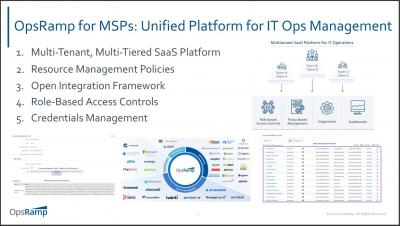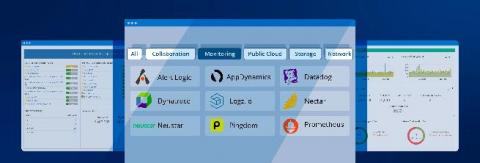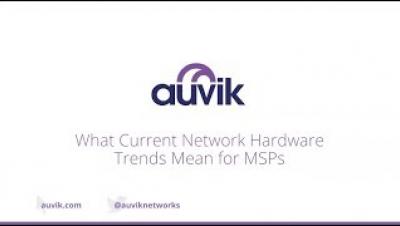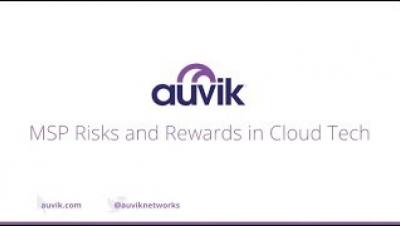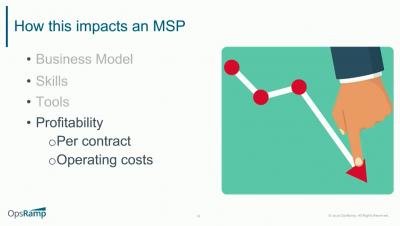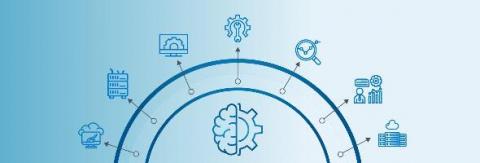Operations | Monitoring | ITSM | DevOps | Cloud
MSP
The latest News and Information on Managed Service Providers and related technologies.
Why MSPs Choose OpsRamp for Hybrid IT Operations Management
New Mandates for Managed Service Providers
Organizations have doubled down on remote working, digital transformation, and cloud adoption to cope with the sudden onset of a global pandemic. An S&P Global survey in March 2020 found that 41% of enterprises were already “experiencing increased strain on internal IT resources” due to the coronavirus outbreak.
Ten Reasons Why MSPs Choose OpsRamp for Hybrid IT Operations Management
OpsRamp’s recent survey found that 91% of IT operations teams were looking to increase spending with managed service providers (MSPs). The major reasons for working with MSPs to monitor and manage hybrid infrastructure were technical expertise (63%), security know-how (52%), and cost optimization (50%).
The MSP's competitive edge: a new standard of incident response
In the effort to streamline operations and enhance cost efficiencies, organizations large and small are turning to managed services providers (MSPs) to outsource key IT activities. In fact, this shift is so broad reaching that the global MSP market is expected to exceed $375 billion by 2025! Indeed, outsourcing to MSPs brings many advantages.
What Current Network Hardware Trends Mean for MSPs
Unlock Business Productivity with Outstanding Documentation
MSP Risks and Rewards in Cloud Tech
Managed Service Providers Need to Ramp Up Now
MSPs: Time To Reinvent
Managed service providers (MSPs) have been around for more than 20 years, and my how things have changed since they grew out of the original application service provider (ASP) model. Until recently, MSPs have focused primarily on remote monitoring, security, network management and other routine IT tasks that CIOs would rather outsource for cheaper than they can run internally.



